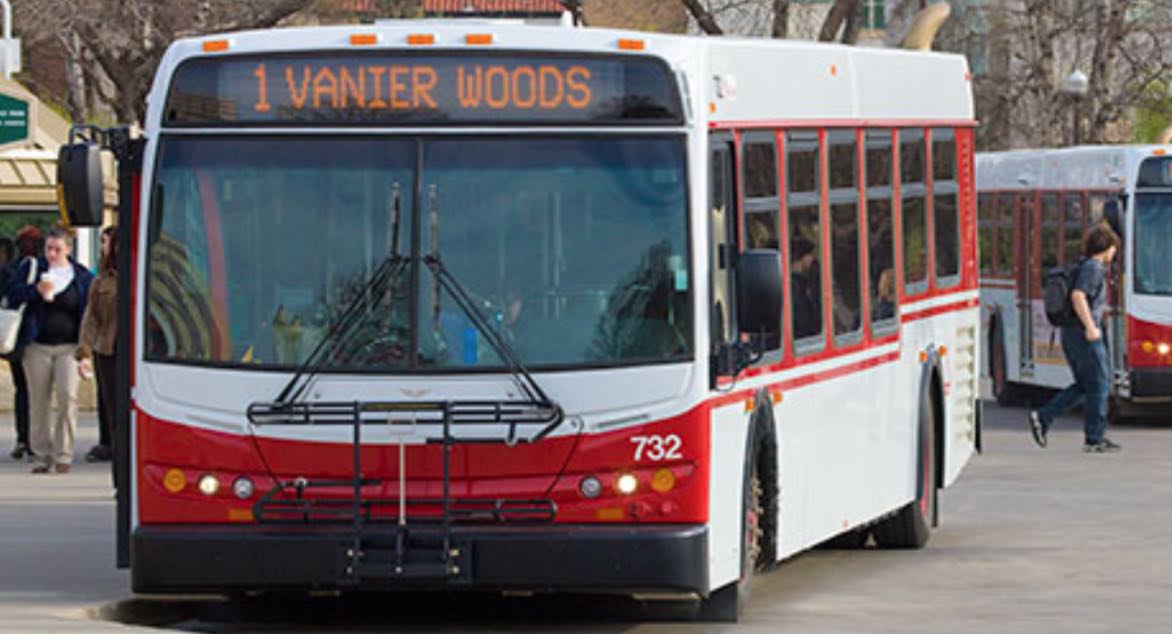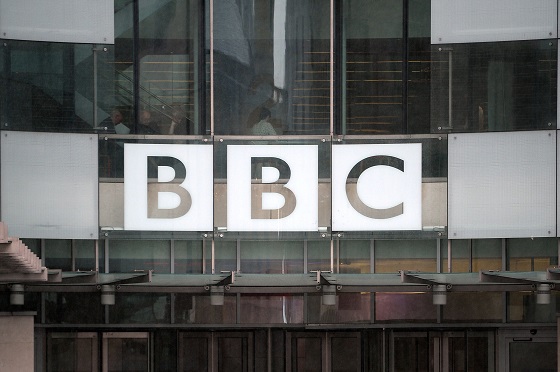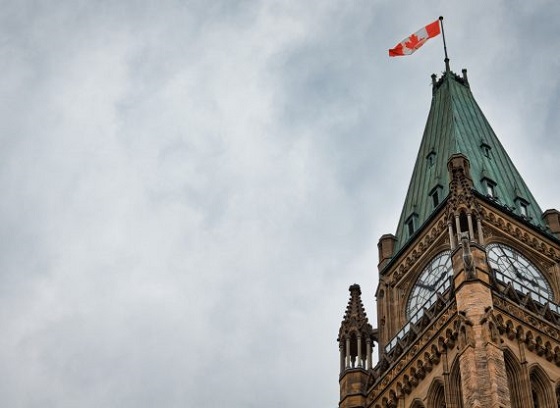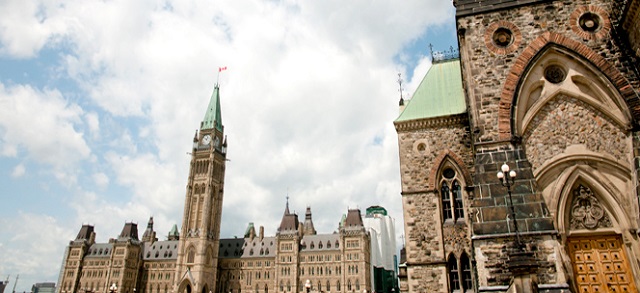Alberta
Province dropping covid mandates. Mandatory masking on public transit ends Wednesday

Alberta to lift remaining health restrictions
Alberta will take the final step in its plan to ease public health measures as the province moves past the Omicron BA.2 wave and COVID-19 hospitalizations continue to decline.
The rate of new hospitalizations has been declining since its peak on April 26, when there were 20.7 new COVID-19 admissions per day per million population. As of June 9, the weekly average of new hospitalizations rate was 6.6 per day per million population.
PCR test positivity and wastewater surveillance also show a continuing trend of declining COVID-19 transmission.
Effective June 14 at 11:59 p.m., Alberta will move to Step 3, which includes lifting mandatory masking on public transit and ending mandatory isolation, in common with British Columbia, Saskatchewan and Manitoba. Isolation will remain recommended for those with symptoms or a positive COVID-19 test.
Work is underway to prepare for the fall and winter respiratory virus season. This includes maintaining surveillance and testing programs and preparing to expand acute care surge capacity.
“We need to live with COVID-19 while accepting that it will continue to be present. We’ll continue to work to keep Albertans safe by ensuring access to vaccines, antivirals and rapid tests, through ongoing COVID-19 surveillance, and by enhancing health-care system capacity.”
“Learning to live with COVID-19 does not mean forgetting about it. As we bring COVID-19 management in line with other respiratory diseases, it will continue to be vital that we receive our primary vaccine series and any additional booster doses we are eligible for, and continue good habits like washing our hands regularly and avoiding being around others if we feel sick.”
Step 3 – measures remain in effect until June 14 at 11:59 p.m. As of 12 a.m. on June 15:
- Mandatory isolation becomes a recommendation only.
- Mandatory masking on public transit is lifted.
Masking and any other measures to protect patients in Alberta Health Services (AHS) and contracted health facilities will remain in place through AHS policy as required for infection prevention and control.
CMOH orders in continuing care will be rescinded by June 30 but some measures in continuing care settings will remain in place through standards and policy. This includes maintaining practices like isolation of symptomatic residents, outbreak protocols and masking.
COVID-19 vaccines
Vaccines are fundamental to Alberta’s ability to live with COVID-19. Albertans are encouraged to receive all doses they are eligible for.
Vaccines are readily available across the province on a walk-in basis. Appointments are also available through the Alberta Vaccine Booking System or by calling 811 or a participating pharmacy.
Rapid tests
Alberta continues to provide rapid tests at no cost. To find a location, visit alberta.ca/
Alberta
School defunding petition in Alberta is a warning to parents

This article supplied by Troy Media.
A union-backed petition to defund independent schools in Alberta could trigger a wave of education rollbacks across Canada
A push to defund independent schools in Alberta is a warning to every Canadian parent who values educational options.
A petition backed by the Alberta teachers’ union may be the first step toward reduced learning choices across Canada. Independent schools, most of them non-elite and often focused on a specific pedagogical approach, receive partial public funding in Alberta and serve diverse student populations.
The petition, launched under Alberta’s citizen initiative law, could trigger a provincewide referendum if it meets the required threshold set by provincial election law.
If your child isn’t in a standard public classroom, whether they’re home-schooled, in a charter, Francophone, Catholic, or
specialized public program, this petition puts your educational decisions at risk.
Opponents of choices in education have been forthright in their attempts to erode the large and successful range of learning options that most Canadians enjoy. Instead, they seem to be aiming for a single, uniform, one-size-fits-all system with no variation for children’s many learning styles and needs, nor for new teaching innovations.
During last year’s NDP leadership campaign in Alberta, candidate (and current MLA) Sarah Hoffman proposed effectively eliminating charter schools and forcing them to join public school boards.
The current recall effort targeting Alberta Education Minister Demetrios Nicolaides lists “charter-private school” funding as a rationale. There is no such thing as a charter-private school, since charter schools are public and 100 per cent provincially funded.
It’s clear the petition is aimed at restricting or defunding charter schools despite their popularity. More than 15,000 students are enrolled and over 20,000 more are on wait-lists in Alberta.
Alberta isn’t the only place where schooling options are coming under pressure. Yukon’s NDP leader has called for defunding and eliminating the territory’s entire Catholic separate system. Similar arguments exist in Ontario. British Columbia doesn’t have a Catholic school system. Newfoundland had one, but in 1998 merged the Catholic board into the public one.
Going as far back as 2010, provinces including Newfoundland, British Columbia, P.E.I. and Nova Scotia have sought to justify limiting the Francophone schooling options they offer due to high costs and budget limitations.
These provincial actions raise a larger question. Efforts to defund Catholic and Francophone schooling are striking, given that both are constitutionally protected. If, as teachers’ unions argue, even constitutionally protected choices can be defunded, restricted or eliminated, how safe are all the other options, like independent, charter, or microschools that aren’t written into the constitution but excel at producing well-formed, knowledgeable graduates ready for adulthood?
Even specialized programs offered within the public system aren’t safe. Last year, the Calgary Board of Education shut down its all-boys program, saying the space was needed to accommodate general enrolment growth. However, the building was then leased out to a post-secondary institution. In Vancouver, the public board stopped new enrolment in its gifted student program, ending “the only publicly funded option for kids who need an accelerated learning environment.”
If these formal attacks on educational diversity can happen in Alberta, which has long been Canada’s leader in making a wide variety of learning options available, affordable and accessible to families, then it certainly can happen in other provinces as well.
The Saskatchewan Teachers’ Federation has already asked the government to end funding for independent schools. A similar push has surfaced in British Columbia. The claim that independent schools drain resources from the public system is incorrect. Every student who enrolls in an independent school costs the provincial budget less and frees up space, teaching time, and other public school resources for everyone else.
These efforts reflect a zero-sum view of education and a false view that only some schools serve the common good.
A better approach is to expand what’s available. Provinces can support more learning options for families, which means more resources and better results for students, no matter how or where they learn.
We need to pay attention to what’s happening in Alberta and elsewhere. Parents don’t want fewer options to help their children enjoy school and flourish academically or personally. If educational diversity can be rolled back in Alberta, it can be rolled back anywhere.
Canadians who value educational alternatives need to pay attention now—before the decisions are made for them.
Catharine Kavanagh is western stakeholder director at Cardus, a non-partisan thinktank that researches education, work and public life.
Troy Media empowers Canadian community news outlets by providing independent, insightful analysis and commentary. Our mission is to support local media in helping Canadians stay informed and engaged by delivering reliable content that strengthens community connections and deepens understanding across the country
Alberta
Tell the Province what you think about 120 km/h speed limit on divided highways

Alberta’s government is engaging with Albertans on increasing speed limits on rural highways.
Starting Nov. 7, Albertans can share their views on modernizing speed limits on divided highways through an online survey running until Dec. 12. The survey will ask how Albertans view raising the speed limit by 10 km/h on various highways from 110 km/h to 120 km/h.
“Alberta’s government is investigating how to safely increase speed limits on divided highways, and if Albertans support increasing speed limits. We are investing more than $1.5 billion this year alone to improve highway safety and upgrade infrastructure across the province. We want Albertans to be able to drive the speed limit that the highways are designed for. Modern vehicles combined with public awareness mean we can explore higher speed limits.”
The survey will provide Albertans with the opportunity to provide input on which highways they would prioritize having a speed limit increase, their views on restricting commercial trucks from using the far-left lane on highways with three or more lanes and any other feedback that would improve driving experiences on provincial highways.
Following a review of the survey results, Alberta’s government plans to conduct a mini-trial of a 120 km/h speed limit to assess the impacts of higher speed limits on divided highways. The trial will include strong monitoring to assess driving behaviour.
Alberta’s government reminds motorists to slow down and drive to the conditions. Speed limits are set for ideal conditions. When roads are wet, icy or when there is reduced visibility, motorists should slow down.
Quick facts
- Alberta’s provincial highway network includes more than 64,000 lane kilometres of highways, about 11,700 lane kilometres of which are divided.
- The posted speed limits of Alberta’s divided highways range from 100 to 110 km/h, although the posted speed limits on segments passing through cities, towns and First Nation lands can be as low as 50 km/h due to factors such as signalized intersections, pedestrians and local access.
Related information
- The survey is available online.
-

 armed forces23 hours ago
armed forces23 hours agoIt’s time for Canada to remember, the heroes of Kapyong
-

 Daily Caller1 day ago
Daily Caller1 day agoMcKinsey outlook for 2025 sharply adjusts prior projections, predicting fossil fuels will dominate well after 2050
-

 Business2 days ago
Business2 days agoTrump: Americans to receive $2,000 each from tariff revenue
-

 Business1 day ago
Business1 day agoCarney’s Floor-Crossing Campaign. A Media-Staged Bid for Majority Rule That Erodes Democracy While Beijing Hovers
-

 Agriculture2 days ago
Agriculture2 days agoFarmers Take The Hit While Biofuel Companies Cash In
-

 Housing2 days ago
Housing2 days agoTrump advancing 50-year mortgage to help more Americans buy homes
-

 Frontier Centre for Public Policy2 days ago
Frontier Centre for Public Policy2 days agoNotwithstanding Clause Is Democracy’s Last Line Of Defence
-

 International2 days ago
International2 days agoBBC boss quits amid scandal over edited Trump footage









